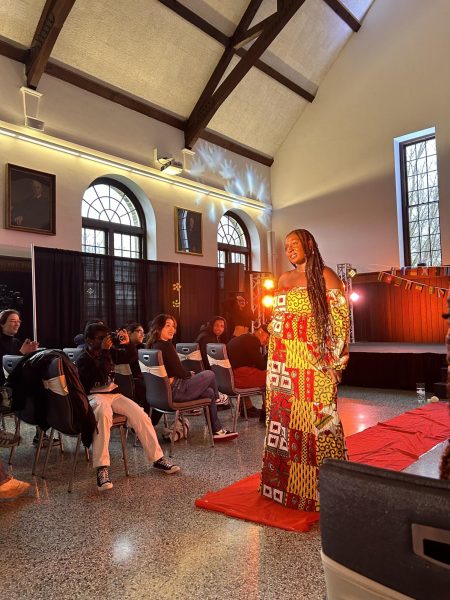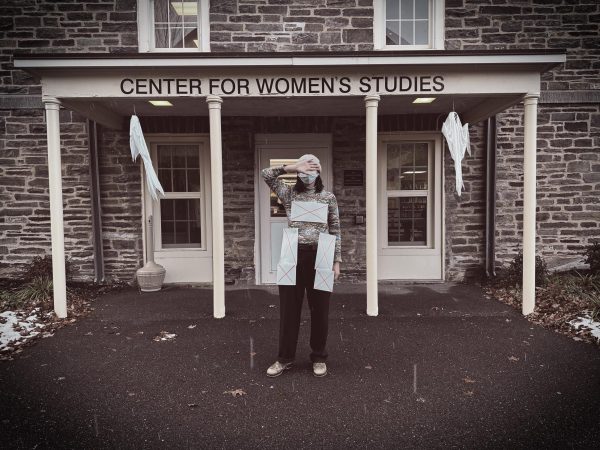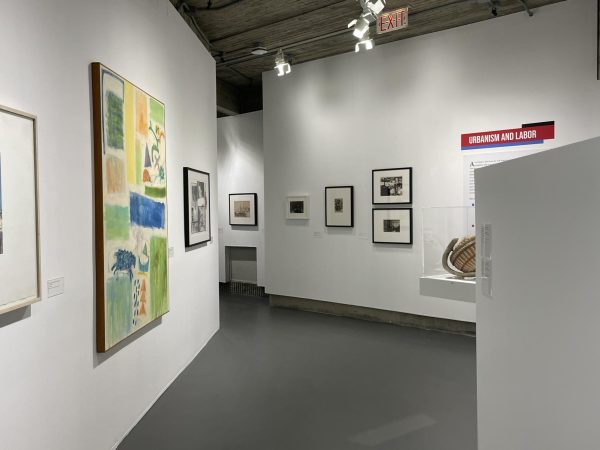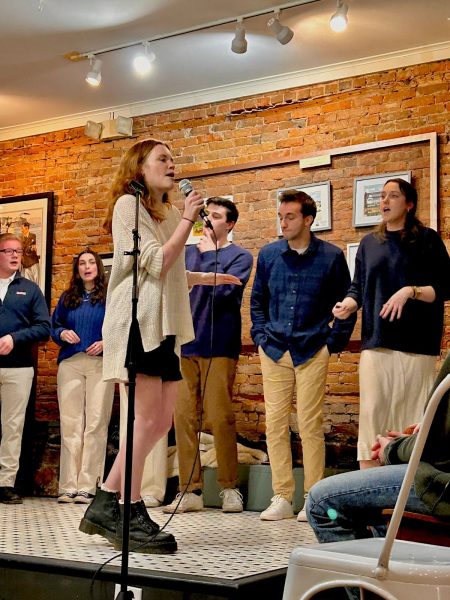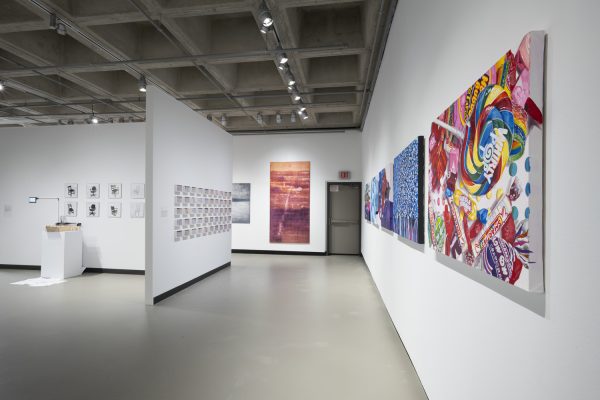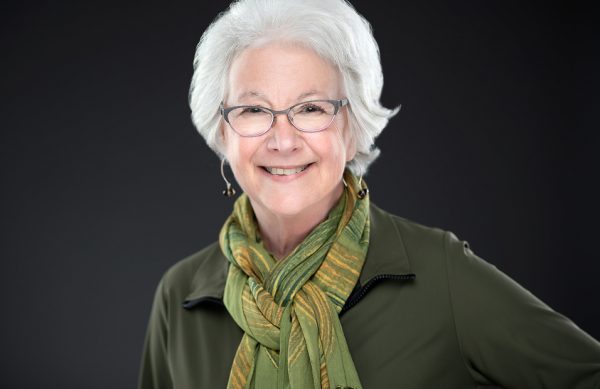“Yeh Freedom Life”: Documentary and Social Change in India
On Tuesday, March 30, students and faculty congregated virtually for a Zoom discussion with filmmaker Priya Sen. The event was a part of the weekly Alternative Cinema series, which presents a wide array of experimental and marginalized films for the Colgate community. The series is funded by the New York State Council on the Arts and organized by the Colgate Arts Council, the Department of Art and Art History and the Film and Media Studies Program. This week’s discussion, co-sponsored by the LGBTQ Studies Department, was specifically programmed by Ani Maitra, Associate Professor of Film and Media, and Yi Cui, Assistant Professor of Art and Art History.
Introduced and moderated by Professor Maitra himself, the discussion focused on Sen’s 2018 documentary “Yeh Freedom Life.” Taking place over the course of the year, the film follows two working-class women living in South Delhi, Sachi and Parveen, who are profiled navigating their work, friendships and sexuality under the at-times rigid restraints of society and their own families. As Sen explained, the documentary emerged at a time of significant social change in India due to the abolishment of Penal Code 377 on October 6, 2018. Penal Code 377 is a law that, for the past two centuries, categorized homosexuality as a crime punishable by 10 years in prison or even the death penalty.
Sen, who is currently based in India, joined the 7:20 p.m. EST Zoom call at 5:20 a.m. her time. The filmmaker’s previous work has largely concentrated on questions of form, urban dynamics, music and migration, mainly in the city of New Delhi. She has worked as an editor and sound designer and has been with the Sarai Programme at CSDS since 2005.
The discussion of “Yeh Freedom Life,” which is Sen’s first feature-length film, covered topics like how she went about the filming process, the structure of the film and its reception in festival and critical circles. While the first half of the discussion was moderated by professors Maitra and Cui, the second half of the conversation was mainly led by questions from student participants.
When asked about how she created the structure of the film and how she chose the protagonists, Sen explained the importance of keeping an open mind and not having a pre-existing notion of what the film should ultimately look like.
“It was really about not having a structure, in the beginning, and allowing the material to speak,” Sen said. “There’s something magical that always happens. You just meet the people you’re supposed to meet or something […] I didn’t really choose Parveen or Sachi. It was almost like we all chose each other.”
Rather than actively pursuing one narrative or another, Sen prefers to simply inhabit a space and observe the dynamics present. To her, however, she is not adopting a fly-on-the-wall mentality, but instead a conscious relationship between the subjects and the camera — an interesting and rich dynamic in itself.
While Sen pushes back on the reductionary categorization of “Yeh Freedom Film” as a groundbreaking LGBTQ documentary, it is to be sure that the film’s refreshingly honest and unwavering depiction of its two protagonists cements its place in the a socially expansive and revolutionary filmic realm.
Paulina Prosnitz is a senior from San Francisco, CA double concentrating in English with a creative writing emphasis and Film and Media Studies. She has...


